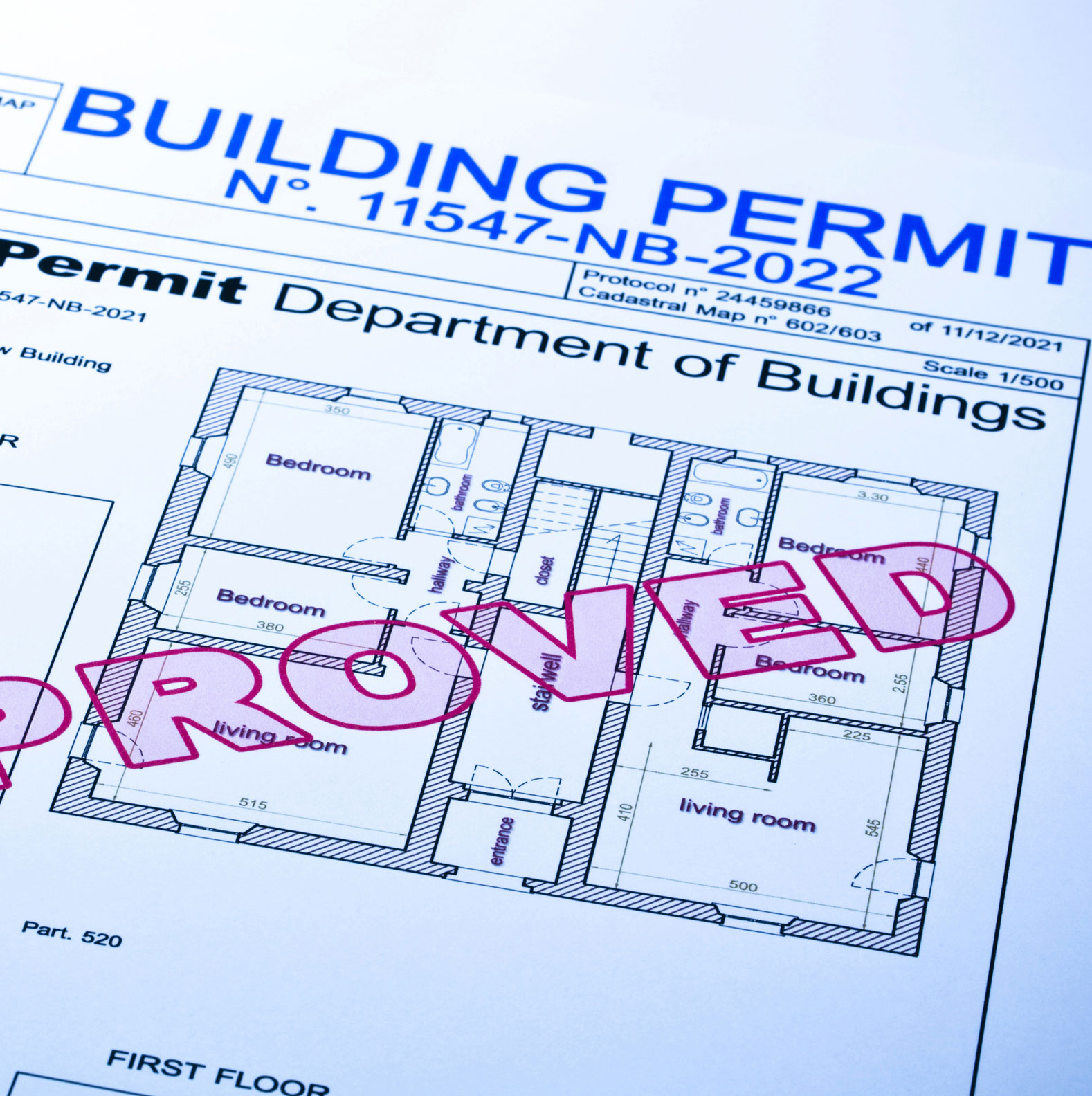Introduction:
Rezoning is often necessary for equitable developers looking to bring new housing, businesses, or community spaces to underutilized areas. However, it can be a complex, time-consuming process requiring city approvals, community buy-in, and strategic planning. In this post, we’ll break down how to navigate rezoning in Chicago and how to position your project for success.
1. Why Rezoning Matters for Equitable Development
Rezoning allows developers to:
- Convert vacant lots or underutilized buildings into productive community spaces.
- Increase housing density to create more affordable housing opportunities.
- Integrate mixed-use developments that support local businesses.
- Unlock new funding and incentive programs tied to specific zoning designations.
Common Scenarios Where Rezoning is Needed:
- Converting an industrial site into a residential or mixed-use development.
- Increasing allowable building height or density to accommodate more housing.
- Adjusting parking or green space requirements to improve project feasibility.

2. Key Steps in the Rezoning Process
Step 1: Understand the Current Zoning & What’s Allowed
- Use the Chicago Zoning Ordinance and Zoning Map to identify the existing zoning classification of your target property.
- Research allowable uses, density restrictions, and any overlay districts that may impact your development.
Step 2: Determine the Best Zoning for Your Project
- Work with zoning consultants or city planners to identify the appropriate new zoning designation.
- Ensure the new zoning aligns with community needs and the city’s long-term land use goals.
Step 3: Prepare & Submit a Rezoning Application
- Required Documents:
- Site plans & architectural drawings.
- Development proposal outlining the project’s impact.
- Justification for rezoning based on public benefit and planning goals.
- Submit the application to the Chicago Department of Planning & Development.
Step 4: Engage the Community & Key Stakeholders
- Meet with the local alderman to gain political support.
- Hold community meetings to address concerns and gather feedback.
- Adjust project plans as needed to reflect community input.
Step 5: Undergo the Review & Approval Process
- The application will go through several stages:
- Preliminary Review by city planners.
- Community Input & Public Hearings (often required for major zoning changes).
- Approval by the Zoning Committee & City Council.
- The entire process can take 6-12 months, depending on project complexity and community response.
3. Common Challenges & How to Overcome Them
Community Pushback
- Challenge: Concerns about gentrification, increased traffic, or displacement.
- Solution: Clearly communicate the project’s benefits—affordable housing, job creation, or public amenities.
Aldermanic & Political Hurdles
- Challenge: Some aldermen may be hesitant to support rezoning without strong community backing.
- Solution: Build relationships early, present clear benefits, and demonstrate widespread support.
Lengthy Approval Process
- Challenge: Delays in zoning approvals can increase holding costs and financing risks.
- Solution: Engage zoning professionals, submit a complete and well-documented application, and stay proactive in follow-ups.
4. Case Studies: Successful Rezoning for Equitable Development
- The Lathrop Homes Redevelopment: A public housing revitalization project that required rezoning to integrate mixed-income housing and commercial spaces.
- The 43 Green Development (Bronzeville): Rezoning enabled a transit-oriented development bringing affordable and market-rate housing near the CTA Green Line.
- The Overton Center (Bronzeville): Converted a historic school into a business hub through a rezoning and adaptive reuse strategy.
How I Can Help as Your Real Estate Agent
- Identifying Properties with Rezoning Potential: I’ll help you find sites where rezoning can add value and unlock new opportunities.
- Connecting You with Zoning Experts & City Officials: I’ll introduce you to professionals who can streamline the rezoning process.
- Supporting Community Engagement Efforts: I’ll guide you in building local support for your project to ease the approval process.
- Navigating Incentives & Funding Tied to Rezoning: I’ll help you maximize financial benefits available for rezoned properties.
Conclusion:
Rezoning is a powerful tool for equitable developers looking to transform underutilized properties into thriving community assets. While the process can be complex, the right strategy, partnerships, and preparation can lead to successful outcomes. If you’re considering a development that requires rezoning, let’s connect—I’ve gone through the process for my own business and can help you navigate the process and identify the best opportunities for your project.


 Facebook
Facebook
 X
X
 Pinterest
Pinterest
 Copy Link
Copy Link